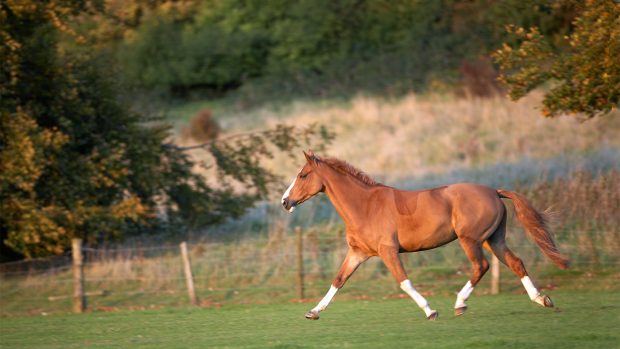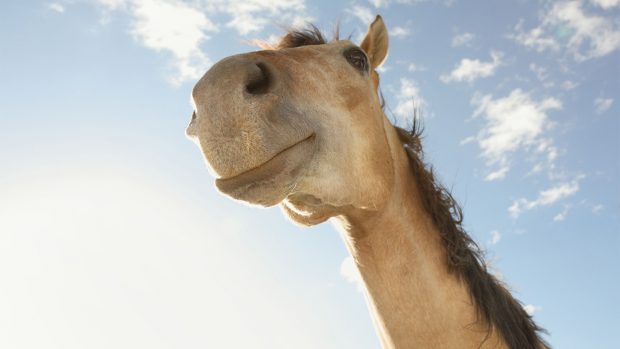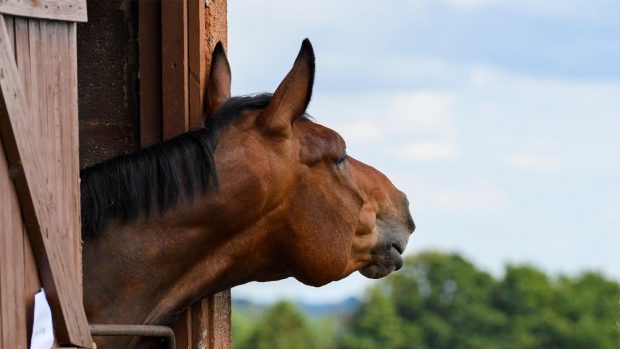Q. I have a 26-year-old 14.2hh Arab/Welsh mare. I have started to notice signs of old age, such as stiffness and stumbling while we are out hacking. The vet has given her the all-clear and says that she is just showing her 26 years. Are there any extra nutrients I can give her through supplements or feed? She is kept in at night and turned out during the day.
Independent nutritionists, Christine Smy, answers: Choose a good quality veteran feed — either a cube or a mix. Cubes can be dampened down to a mash using warm water, if she develops problems with her teeth.
Similarly, a good quality soft hay and haylage would be appropriate. Hard stemmy hay will be more difficult to chew and could cause problems in the gut, which may be compromised by her age.
If you are looking for supplements, choose one which is high in antioxidants, such as selenium, zinc, copper and manganese, along with vitamins A, C and E. Antioxidants can neutralise free radicals before they damage body tissues and are of benefit to the older horse.
In addition, look for supplements containing bioplex or chelated minerals. These are minerals bound to organic proteins, and are absorbed far more efficiently than inorganic minerals.
Providing your horse does not suffer from liver problems, you can also consider feeding essential fatty acids, such as linoleic and linolenic acid. The horse cannot manufacture these substances herself so they need to be supplied by the diet. They occur in unprocessed oils bought from your feed merchant (usually soya oil), rather than processed oils off the supermarket shelf.
I would suggest you feed up to a coffee-cup a day, split into several feeds. Good levels of essential fatty acids are also important to regulate inflammatory problems, such as arthritis.
Other types of dietary supplements that you could consider for your mare are those containing glucosamine, which can help to control inflammatory processes, and chondroitin, which inhibits desctructive enzymes. It is alsothought that chondroitin may increase quality cartilage production in the body.
| Click here to subscribe to the NEW LOOK HORSE magazine, which is packed with useful horsecare and training features every month |



